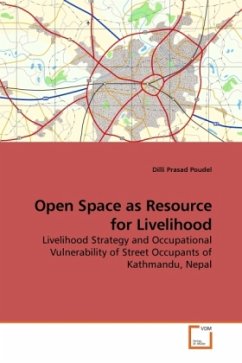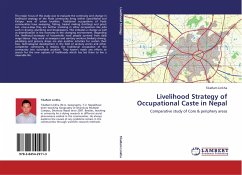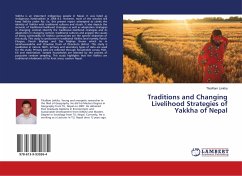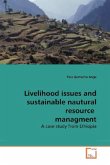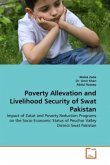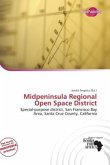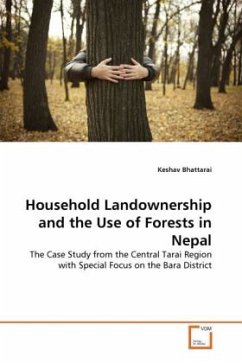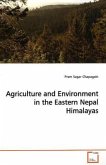This study explores the livelihood strategy and occupational vulnerability of street occupants, who are using urban open space as resource for livelihoods in rapidly changing urban morphology of Kathmandu, Nepal. Mostly, economically weak, disadvantaged group, poor and squatters are involving in this profession. Vending business in the city has become a part of the socio-economic fabric due to the heavy increase of population migrated from the surrounding districts and neighboring country India. Poverty, socio-political evil and natural disasters are promoting causes in their home towns to undertake the present vending business in Kathmandu. Street occupants are sustaining livelihood by ignoring the authorities and coping with shocks and seasonality by selling goods in convenient location. Mostly vendors felt that their occupation is sustainable but their vending place is vulnerable. An immediate urban development plan - especially focusing on street occupants - is essential fromthe related government institutions. The positive attitude of authority could help to reduce the vulnerability of the livelihood of street occupants of Kathmandu.
Bitte wählen Sie Ihr Anliegen aus.
Rechnungen
Retourenschein anfordern
Bestellstatus
Storno

